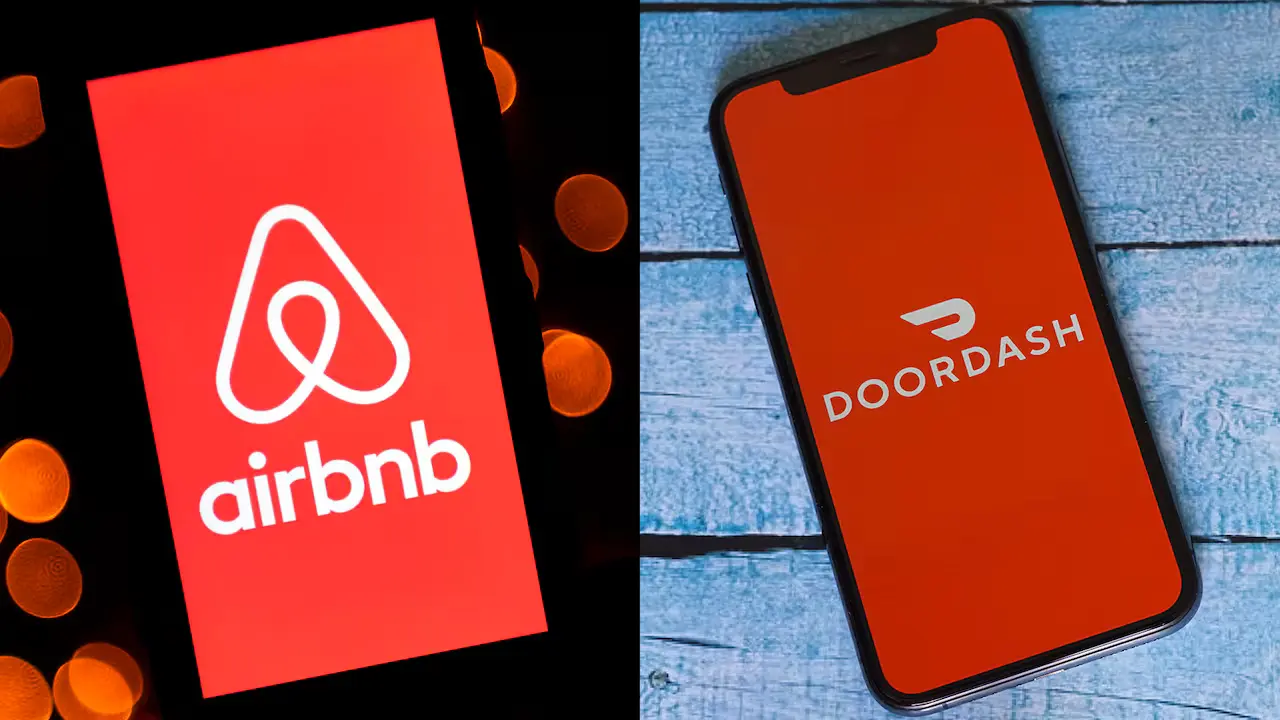Resilient Founders: Lessons From Successful Startups
Discover the grit and resilience behind today's biggest startups. Learn how founders like those of Airbnb and DoorDash turned near-failures into billion-dollar successes through strategic pivots and unwavering belief in their vision.

The path to building a hugely successful startup is rarely a straight shot. Behind every “overnight” unicorn success story lies a grittier reality - a long journey of pivots, struggles, near-death experiences, and an unwavering refusal to give up. While the mainstream celebrates the multi-billion dollar exits, few appreciate just how close these startups came to shutting down completely.
Almost every startup founder faces periods of crippling self-doubt and the rational desire to throw in the towel. The world tells them their idea isn’t working, progress is stagnant, employees are demoralized, and there’s no clear path forward. Any sane person would be justified in calling it quits. Except the wildly successful founders never do.
An Irrational Refusal to Accept Failure
At their core, startup giants like Airbnb, Uber, and DoorDash all share one defining trait - an utterly irrational belief in themselves and their vision that borders on delusional. No amount of discouraging data, naysayers, or failed attempts can shake this core self-conviction that “I’m the one who will make this work.” This inner voice overrides all logical reasons to quit.
While a lack of traction, revenue, and growth would spell game over for any rational founder, the greats possess an almost stubborn rejection of this reality. Deep down, they cling to the belief that their big break lies just around the corner if they dust themselves off and keep pushing. This fervent self-belief, as irrational as it may seem, has an almost gravitational force that bends the world to their will.
Successful founders inspire their employees and supporters to share in this delusional optimism. Their conviction becomes a self-fulfilling cycle - through sheer force of irrational willpower, circumstances slowly morph to prove them right. Reality realigns to match their vision because pivoting or quitting is simply not an option they’ll entertain.
The Pivoting Patterns of Resilient Founders
This persistence alone isn’t enough. The startup giants don’t just blindly push forward without changing course - they pivot strategically when their original approach stalls. However, smart pivots have distinct patterns:
- They don’t stray too far from the founders’ existing expertise and knowledge base. Huge successful pivots like Brex moving from a VR headset company to fintech lending worked because they stayed somewhat adjacent to the founders’ areas of experience.
- They move “warmer” by building on hard lessons and insights from the previous iteration’s failures. Retool was born from internal tools their founding team had built at their failed Venmo competitor. Their next pivot brought them closer to an unmet need they’d personally experienced.
- They find a thread connecting their learnings and existing competencies to an unsolved, underappreciated problem hiding in plain sight. Airbnb didn’t discover an entirely new idea out of the blue - they gained powerful user insights from their initial failed iterations.
Great founders locate an overlooked opportunity within their existing circle of competence, not a random leap into a completely foreign domain. Their superpower lies in connecting disparate dots others miss until that seemingly mundane idea morphs into something immense.
The Near-Death Pivot Stories of Billion-Dollar Companies
Consider the origin stories of some of today’s biggest startup successes:
- Airbnb had failed multiple times and faced near-shutdowns before pivoting to their home share model after recognizing how few affordable options existed for travelers.
- Brex originated as a failed VR headset company before their fintech lending pivot, driven by the founders’ prior fintech experience.
- DoorDash pivoted from a failed GrubHub clone after recognizing the need for reliable service and selection beyond just restaurants.
- Instagram pivoted from a Foursquare clone, recognizing the unmet desire for a free, social photo-sharing experience on mobile.
In each case, the founders found themselves at the brink of failure and calling it quits. Some were even working on mocked “tarpit” startup ideas - concepts that seem initially promising but turn out to be deceptively flawed time sinks that many founders fruitlessly chase.
However, the founders who broke through possessed the self-awareness to recognize when they were stuck in a tarpit versus experiencing temporary growing pains. More importantly, they got a kernel of insight from their customers about an underserved, adjacent need - a new “home” closer to their core strengths. Then they pivoted fully in that direction, no matter how foreign it felt from their original plan.
Persisting Until the Final Pivot Clicks
The billion-dollar pivots never emerge from audacious leaps or random stabs in the dark. They grow iteratively out of paying exponentially closer attention to real user behaviors, struggles, and unmet desires - the same tenacious observation that fueled their original idea’s potential. The path simply required realigning that vision through a new lens.
Billion-dollar success stories like Airbnb remind us that persisting through multiple near-death pivots doesn’t require insanity - just an intense focus on your customers’ evolving needs, messy reality, and finding insights within feedback suggesting viability if you just squint a bit differently.
Clinging to Your Conviction When All Seems Lost
What ultimately separates the successes from the failures comes down to one precious commodity: unwavering conviction that they can and will make it work, no matter how many pivots it takes.
By refusing to go quietly and preserving this blind hope through periods of immense duress, these resilient founders position themselves to finally capitalize when their insights coalesce into an offering the market can’t ignore.
While the external trappings of overnight, runaway startup successes vary wildly, the internal pattern remains universal: Founders who achieved immense greatness all stared into the abyss, processed the rational reasons to quit, and roundly rejected them time and again until they discovered their breakthrough pivot. Their irrational self-belief simply refused to take “no” for a final answer.
So when you face your next soul-crushing period of doubt and failure as a founder, take heart in the stories of pivoting resilience behind today’s startup titans. What made the difference wasn’t necessarily superior planning, intelligence, or resources, but a blinding conviction to not merely resist quitting at all costs, but welcome continuous evolution until they struck gold. Their windfall only arrived after staring down their “deaths” and defiantly willing their startups back to life through another pivot onto an unexpected path forward.
The line separating tenacious founders from unlucky failures lies in the seemingly delusional ability to stare reality in the face with the self-awareness that success requires another pivot, not complete capitulation. With that mindset, no number of near-death experiences can extinguish the possibility of breathing new life into your vision in another unexpected form. The real startups were the pivots they made all along.
